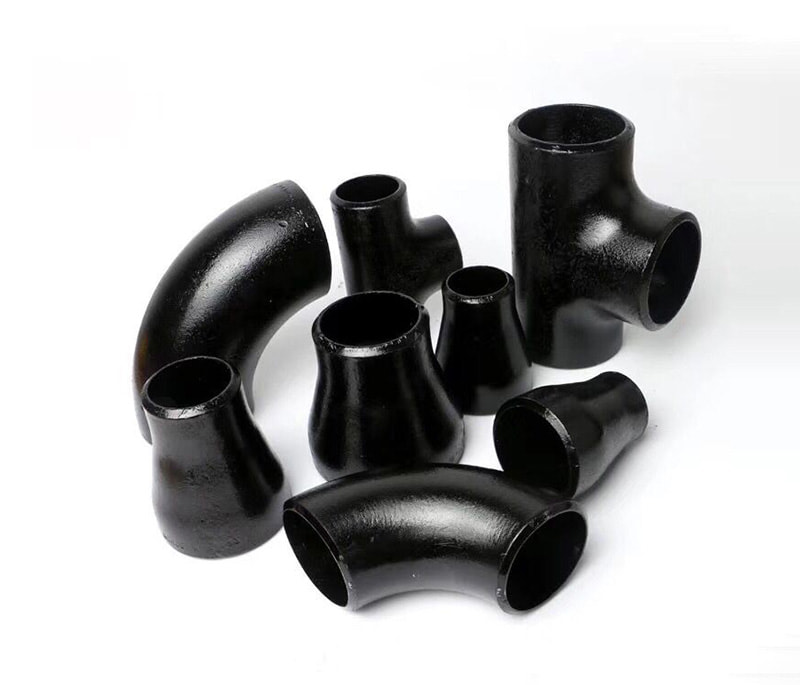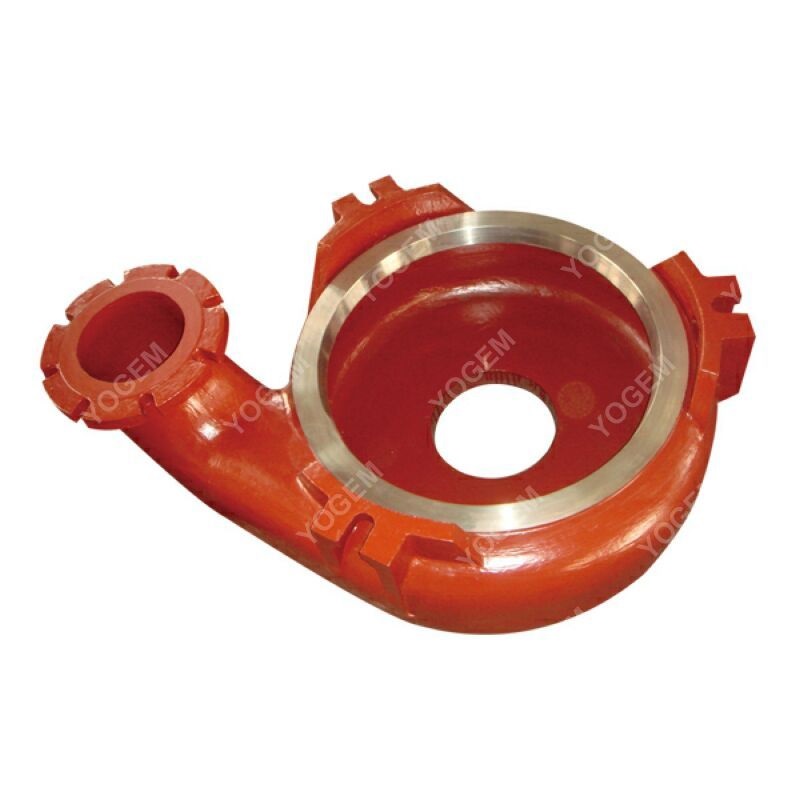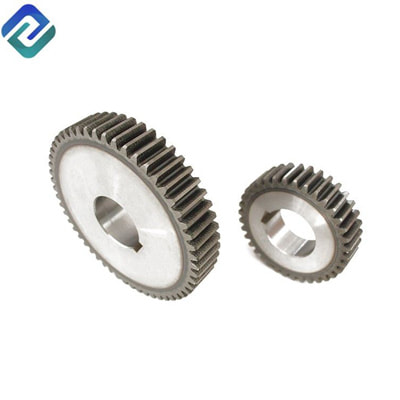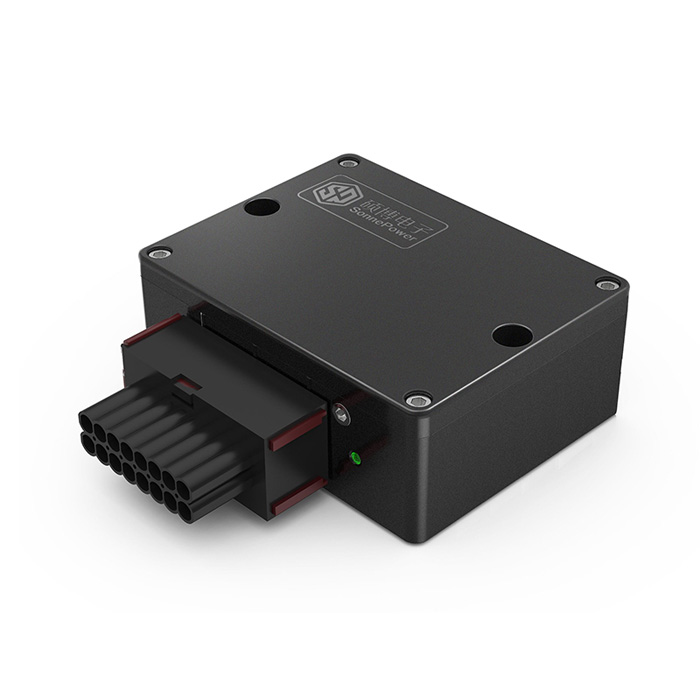Unlocking the Power of Diesel Engines: A Comprehensive Guide
In the world of automotive engineering, one of the most remarkable and enduring innovations has been the diesel engine. Diesel engines have revolutionized transportation, industry, and even the way we think about fuel efficiency. In this article, we, as experts in the field, will delve into the intricate workings and advantages of diesel engines, aiming to provide you with an in-depth understanding that will not only satisfy your curiosity but also help you make informed decisions about this remarkable piece of machinery.

The Diesel Engine Unveiled
Diesel engine Motor, named after their inventor Rudolf Diesel, are internal combustion engines that operate on diesel fuel. Unlike gasoline engines, which rely on spark ignition, diesel engines use compression ignition to ignite the fuel-air mixture. This fundamental difference leads to several distinct advantages, which we will explore in detail.
Efficiency Redefined
When it comes to fuel efficiency, diesel engines are second to none. They can achieve significantly higher thermal efficiency compared to their gasoline counterparts. This means that for every drop of diesel fuel burned, a diesel engine can convert more of its energy into useful work, whether it's powering a truck, a ship, or a generator.
Torque: The Diesel Engine's Muscle
Diesel engines are renowned for their immense torque output. Torque is the twisting force that allows an engine to do the heavy lifting. Thanks to their high compression ratios, diesel engines generate substantial torque at lower RPMs. This characteristic makes them ideal for applications where pulling power and low-end grunt are crucial, such as in trucks and heavy machinery.
Durability and Longevity
One of the primary reasons diesel engines are favored in commercial and industrial settings is their remarkable durability. Diesel engines are built to withstand higher levels of stress and compression, making them capable of enduring the rigors of heavy-duty usage for extended periods. This longevity translates into significant cost savings over the lifespan of the engine.
Environmental Considerations
In recent years, environmental concerns have led to a focus on reducing emissions from internal combustion engines. Diesel engines, historically criticized for their emissions, have undergone substantial improvements. Advanced technologies, such as selective catalytic reduction (SCR) and diesel particulate filters (DPF), have significantly reduced harmful emissions from diesel engines.
The Future of Clean Diesel
As a responsible industry, we are committed to developing and implementing cleaner diesel technologies. The integration of cleaner fuels, enhanced exhaust treatment systems, and stringent emissions regulations is paving the way for a cleaner, greener future for diesel engines.
Recommended article:How precise is investment casting?
What is a sealing gasket and its purpose?
What is the principle of a three way valve?
What is the difference between iron pipe and ductile iron pipe?
Guide to Choosing the Best Miniature Bearings
Benefits of Electric Diaphragm Pumps
What Is Difference Between Ball Valve and Globe Valve?
Applications of Diesel Engines
Diesel engines are incredibly versatile, finding applications in various sectors. Let's explore some of the most prominent areas where diesel power reigns supreme:
Transportation
In the world of transportation, Original diesel engines are the backbone of commercial vehicles. Trucks, buses, and locomotives rely on the efficiency and torque provided by diesel power. Additionally, diesel-electric hybrid technology is making waves in the automotive industry, offering a greener alternative for personal vehicles.
Marine
The maritime industry heavily relies on diesel engines to propel ships and vessels of all sizes across oceans and waterways. The efficiency and durability of diesel engines make them the go-to choice for maritime transportation.
Agriculture
In agriculture, diesel-powered tractors and machinery are essential for modern farming practices. The robustness of diesel engines ensures that they can handle the demands of agricultural work, from plowing fields to harvesting crops.
Industrial
Diesel generators play a crucial role in providing backup power for industries, hospitals, and critical infrastructure. Their reliability and rapid response time make them indispensable during power outages.
Conclusion
In this comprehensive exploration of diesel engines, we've uncovered their efficiency, torque, durability, and adaptability across various industries. Diesel engines have come a long way in addressing environmental concerns, and the future promises even cleaner and greener technology.
As experts in the field, we invite you to embrace the power and potential of diesel engines. Their remarkable capabilities continue to shape our world, driving progress and innovation. Whether you're considering diesel for transportation, industrial applications, or any other purpose, rest assured that you're choosing a technology with a rich history and a bright future.
Recommended article:What is the investment casting process?
What are the types and applications of roller bearings?
How does a Photocatalyst Filter work in air purifiers?
How to Choose the Right Sump Pump?
Miniature Bearings: Small Parts, Big Impact
How do Mist Eliminators work in industrial applications?
What is the stator in a DC motor?









Comments
0